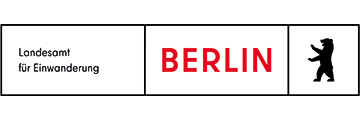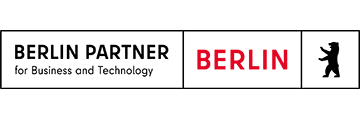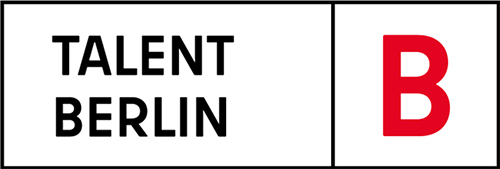Business Immigration Service
The Business Immigration Service enables the quick and uncomplicated issuing of residence permits for entrepreneurs and qualified specialists.
Berlin-based businesses can quickly and easily find answers to all questions relating to residence permits for their employees and family members from the Business Immigration Service (BIS) and submit the corresponding applications to the relevant department of the State Office for Immigration. The same applies for foreign investors and founders who want to become economically active here in Berlin.
Service
- Information about the topic of preliminary approval and visas (Berlin partners and IHK)
- Information and advice regarding the topic of residence permits (Berlin partners and IHK)
- Review, creation and issue of residence permits (Foreigners’ Registration Office - LEA)
- Support in applying for accommodation at the Citizen’s Office (Bürgeramt)
The BIS is a company service and can be used exclusively by businesses, founders and independents who have registered as customers with the Berlin Immigration Office. This also applies for member companies of the Berlin Chamber of Commerce and Berlin Chamber of Crafts.
Registration
Please check this website:
www.berlin.de/einwanderung/service/business-immigration-service/
Not yet registered but want to use the Business Immigration Service?
Registration as a new customer in the BIS
Students and other individuals should contact the
Berlin Immigration Office
Have you already registered?
Online application for registered BIS customers
Submitting applications online
For many types of residence, digital applications must be used. Only if no digital application is available can your employees upload their application online to the LEA department responsible for employment.
Please note that the LEA generally only accepts extension applications 8 weeks before the expiry of the current residence permit or visa!
Exceptions: Change of employer or change of purpose, e.g., from studying to employment
BIS customers can upload these applications using the BIS application form, or specialists can do so themselves using the contact form for departments B1-B4. Please note in the text field why a digital application could not be used.
Cooperation partners
The Business Immigration Service (BIS) is a unique network of participants from Berlin’s economic and administration sector for visa and residency queries. Fast communication and transparent, solution-oriented work processes ensure cooperation at its best.








